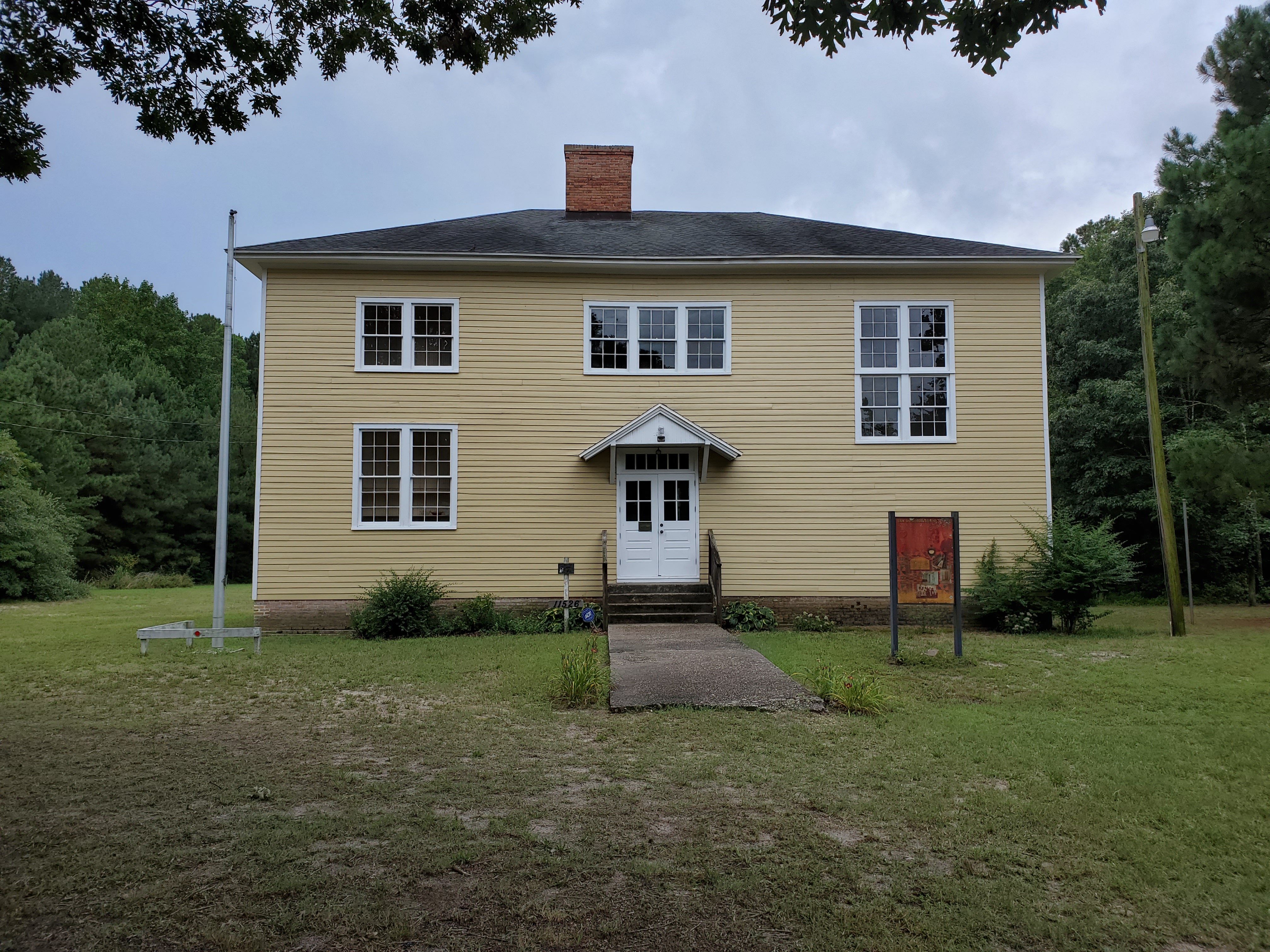News Release
You are viewing ARCHIVED content published online before January 20, 2025.
Please note that this content is NOT UPDATED, and links may not work. For current information,
visit https://www.nps.gov/aboutus/news/index.htm.

NPS
News Release Date: June 13, 2024
Contact: NewsMedia@nps.gov
WASHINGTON — The National Park Service (NPS) today transmitted a study to Congress, identifying opportunities to establish a national historic site and network program to preserve the legacies of Julius Rosenwald and the Rosenwald Schools, which played a pivotal role in African American education during the Jim Crow era.In 2020, Congress directed the Secretary of the Interior to conduct a special resource study (SRS) of sites associated with the life and legacy of philanthropist and business executive, Julius Rosenwald, with a special focus on the Rosenwald Schools, to determine their potential as an addition to the National Park System. The NPS prepared the study on behalf of the Secretary.
“The two-pronged preservation concept outlined in the National Park Service study is an innovative way to honor the legacy of Julius Rosenwald and the profound impact of the Rosenwald Schools," said NPS Director Chuck Sams. "We are pleased to share these recommendations with Congress on establishing a national park site and a nationwide network, that can help ensure these important diverse stories are not only told, but also celebrated and preserved for generations to come."
The Julius Rosenwald and Rosenwald Schools Special Resource Study identifies the San Domingo School in Wicomico County, Maryland, as a candidate to become a national historic site. This school, one of nearly 5,000 built across the South to educate Black children, stands as a powerful testament to the Rosenwald Fund's impact and the determination of African American communities to secure educational opportunities. Through the study’s civic engagement process, landowners, and the public expressed support for designating a new national park unit for Julius Rosenwald and the Rosenwald Schools.
The study further recommends that Congress establish a Rosenwald School Network Program, which would provide essential resources and support to the numerous entities across the nation already dedicated to preserving and celebrating these historic schools. A Network could also help interpret the pivotal role of Black leaders, such as Booker T. Washington, the Tuskegee Institute, and the role of over 5,000 Black communities in the development of the schools. A network program could support community-driven preservation and local efforts by partnering with communities to support telling their stories and provide technical assistance and/or grants, pending congressional authorization.
The study evaluates fourteen sites identified by Congress and two additional sites in the study area, individually and collectively, using congressionally established criteria for evaluating the national significance, suitability, feasibility and need for direct NPS management that must be met for a site to be considered for inclusion as a new unit in the National Park System.
The study also explored potential locations for a visitor center in or near Chicago, Rosenwald’s hometown, with options ranging from partnerships with existing institutions to creating innovative parks-to-people experiences.
Additions to the National Park System are designated by acts of Congress or through presidential proclamation. A network program could be established by an act of Congress. A SRS serves as one reference for consideration in the potential designation of an area to be added to the National Park System.
More information about the Julius Rosenwald and the Rosenwald Schools Special Resource Study is available at: https://parkplanning.nps.gov/rosenwald.
About the National Park Service. More than 20,000 National Park Service employees care for America’s 429 national parks and work with communities across the nation to help preserve local history and create close-to-home recreational opportunities. Learn more at www.nps.gov, and on Facebook, Instagram, Twitter, and YouTube.
Last updated: June 13, 2024
